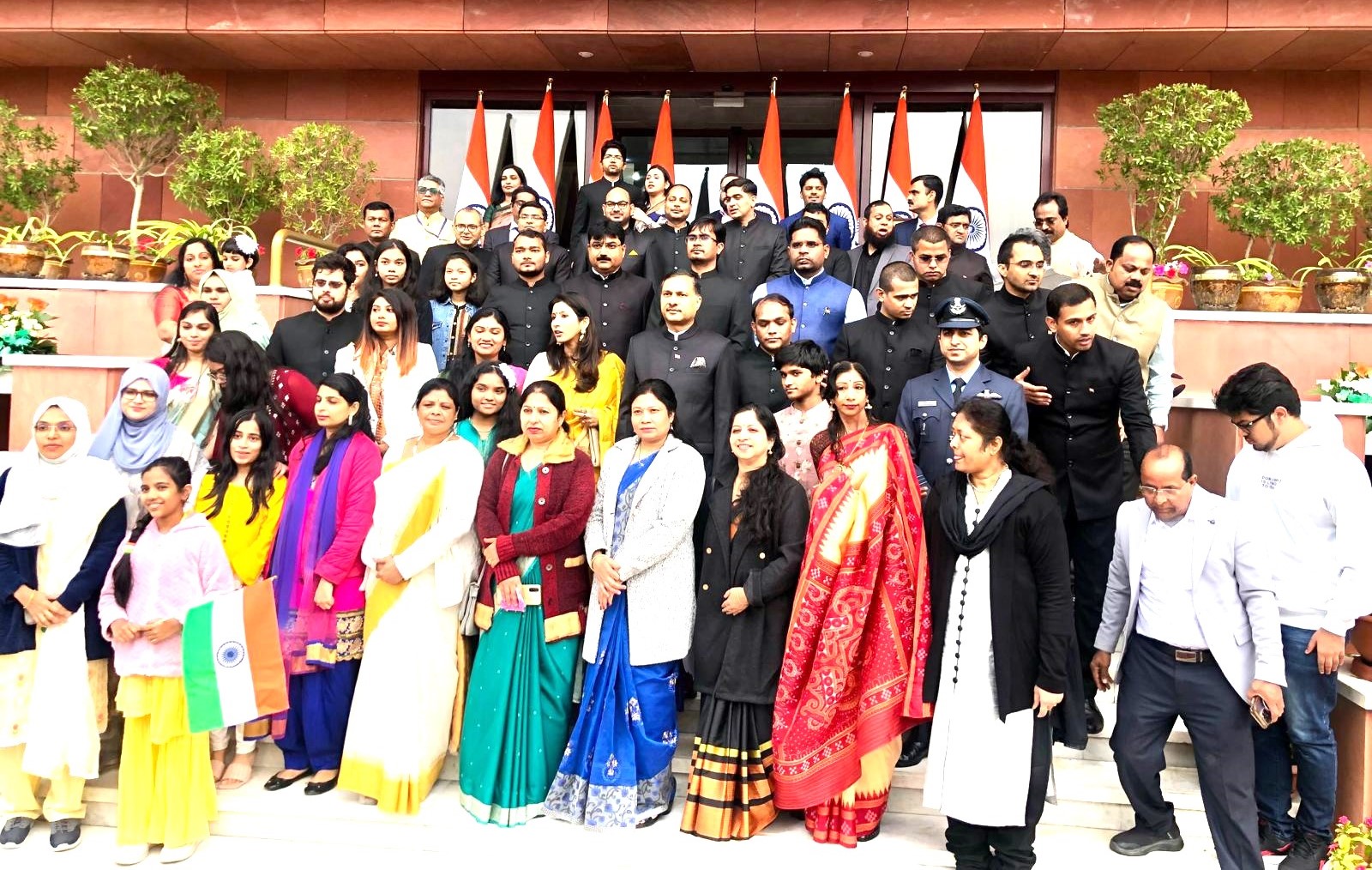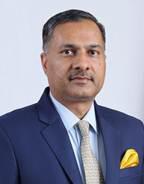The Interior Ministry announced Thursday the resumption of handling expatriates’ requests for family reunions as of this Sunday at all departments of residency affairs across the country under new terms and standards. This decision was made upon the directives of Deputy Prime Minister, Defense Minister, and Acting Interior Minister Sheikh Fahad Yusuf Saud Al-Sabah, the Ministry’s Department of Security Relations and Media in a statement.
The requests will be accepted based on Ministerial Decree No. 56 of 2024, which sets new rules for issuing entry permits for family reunions, it noted. Among these terms are the salary of those submit requests is at least KD 800, and he/she should have a university certificate and work in a field matching his/ her specialty, it stated. Deputy Prime Minister, Defense Minister, and Acting Interior Minister Sheikh Fahad Yusuf Saud Al-Sabah issued a decision amending some provisions of Ministerial Resolution No. 957/2019 in the executive regulations of the Expats Residency Law, specifying the conditions for obtaining regular residency to join a family member. Article One of the decision states that Article 29 of Ministerial Resolution No. 957/2019 is amended to be as follows: Article 29:
To obtain a regular residence permit to join a family for those coming from abroad, the monthly salary of the expats residing in the country must not be less than KD800. The monthly salary of the expat that is taken into account is the wage resulting from working in his profession based on which he was granted residency in the country. He must have university qualifications and his profession in the country is consistent with his specialization.
An expat resident, whose profession is stipulated in Article 30 of this decision, is excluded from the requirement of obtaining a university qualification. As for granting regular residency to join a family for those residing or born inside the country, and those born outside the country to parents who are residing in the country and whose age does not exceed five years old, the Director General of the Residence Affairs General Department is responsible for excluding them from the salary requirement referred to in the first paragraph of this article following the rules and regulations specified by the department.
Article Two of the decision stipulates that the acting undersecretary must implement this decision and it shall take effect on the date of its publication in the Official Gazette.
The professions stipulated in Article 30 of Ministerial Resolution No. 957/2019 are:
1. Advisors, judges, prosecutors, experts, and legal researchers in the government sector
2. Doctors and pharmacists
3. Professors in universities, colleges, and higher institutes
4. School principals, deputies, educational mentors, teachers, social workers and laboratory technicians in the government sector
5. University financial and economic advisors
6. Engineers
7. Imams, preachers, muezzins in mosques, and memorizers of the Holy Qur’an
8. Librarians in government agencies and private universities
9. Ministry of Health employees, including nurses, paramedics those holding medical technical positions in various specializations, and those working in the field of social service
10. Social workers and psychologists in the government sector
11. Journalists, media professionals and correspondents
12. Coaches and players in the federation and sports clubs
13. Pilots and flight attendants
14. Preparers of the dead and those responsible for burying them.
Documents required to apply for dependent /family visa
Passport copy of your own (First page & last page) plus Civil ID copy (mobile ID also accepted) since residence is no longer stamped on the passport
Passport copy of your wife (First & Last page) Passport should have minimum 1 yr validity
Work Permit copy (Izne Amal) Ask your company to provide it. proving your salary is KD 800 per month
Graduation degree stamped and attested from MOFA from your country and attested at the Ministry of Foreign Affairs in Kuwait ( Those mentioned in the above list don’t have to provide a graduation degree but have to provide a company letter stating their profession which has to match work permit)
Relationship Affidavit. (This document can be typed from the typing centers located all over Kuwait). Get a relationship affidavit from your embassy and get the same attested from the Ministry of Foreign Affairs. (To get a relationship Affidavit you need a marriage certificate stamped from the Ministry of Foreign Affairs in your country, if your name is mentioned in your wife’s passport then you don’t require)
Fill out the dependent visa application form from typing centers and make sure there are no mistakes
Submit your papers to the Residence Affairs office
























































